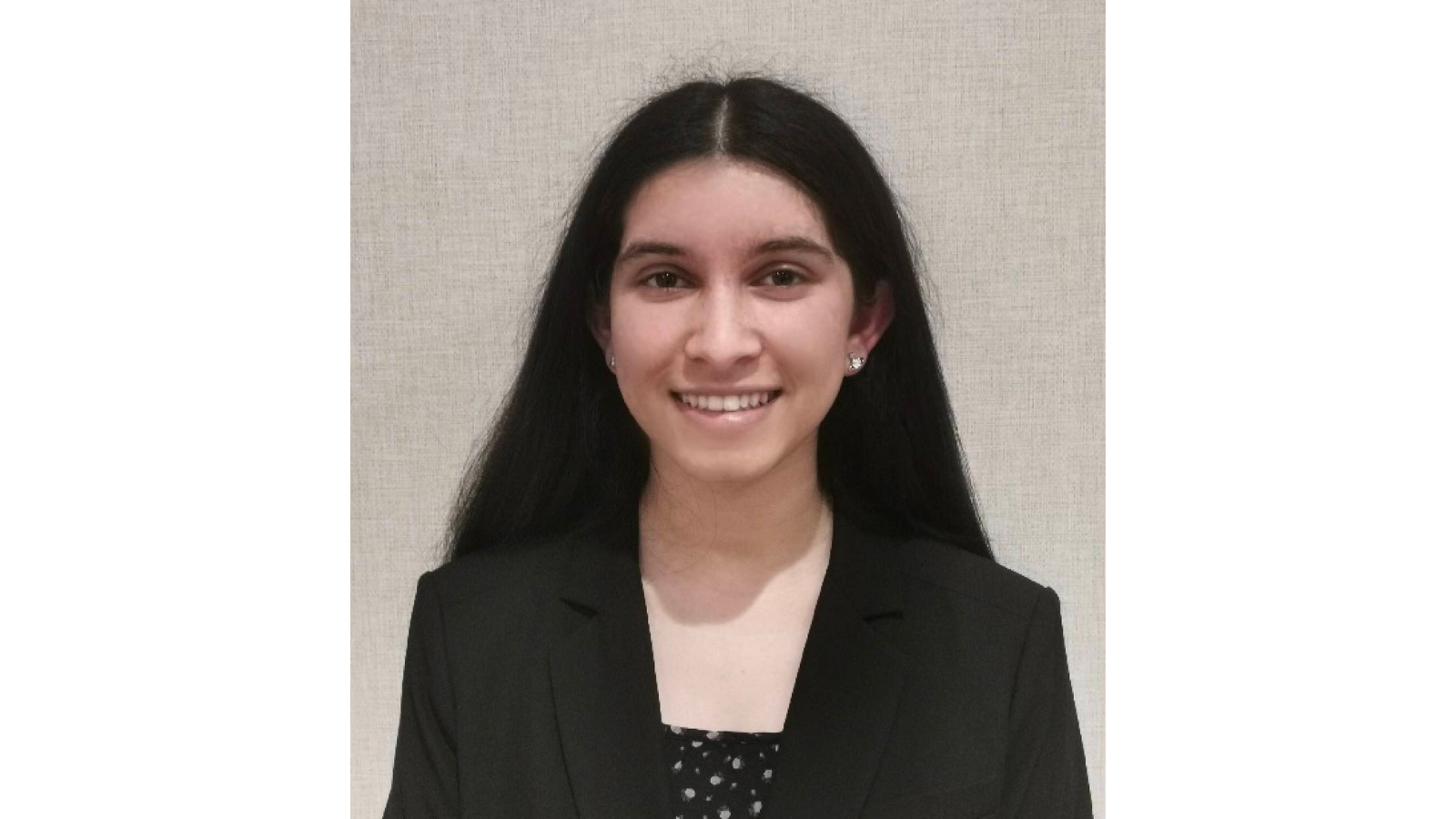Tell us about your background.
I am a high school senior from the Bay Area who is passionate about using data science and AI to address social inequalities. I have done research examining racial and gender bias in generative AI systems—work that I was honored to present at the 2024 WiDS Puget Sound conference. Additionally, through internships at NYU Stern and ContractPodAi, an AI-based CLM company, I’ve applied computer vision to nutritional analysis and worked on improving large language models using legal data. As both a WiDS ambassador and founder of my high school’s Machine Learning and Data Science Club, I am dedicated to creating pathways for more young women in STEM to enter the data science field and supporting them as they do so. 2025 is my second year serving as a WiDS ambassador.
How did you get interested in data science?
My journey began with coding experiences a few years ago, but it was a Python course in data analysis that sparked my interest in data science. I appreciated how data science could allow for creating meaningful insights, and that its versatility would allow me to apply it to a variety of fields, from business to healthcare and beyond. What really drives me is understanding the intersection of technology and social dynamics. I’m specifically interested in the role that data science can play in identifying and addressing inequalities, rather than amplifying and perpetuating them.
What are you currently working on?
I recently self-published my book, AI for an Equitable Future, which is aimed at helping young people visualize AI’s potential for positive societal impact. I’m also collaborating with my friend and fellow WiDS ambassador Allison Zhou to plan NextGen events introducing students in our community to data science fundamentals. We’re focused on making complex concepts accessible and motivating girls to pursue their STEM interests.
How did you you first discover WiDS?
The 2023 WiDS Berkeley Conference was my introduction to this incredible community. It was a unique educational experience, and the innovative ideas and research presented, from applications of machine learning in various fields to work with analytics, helped me understand how one of the wonderful things about data science is its applicability to solving various issues across different industries. What truly set my experience apart was the incredible community of women I met. Seeing talented students and researchers, industry professionals, and leaders, all contributing to building a supportive network and creating impacts through data science, was an inspiring and unforgettable experience.
Have you been involved with WiDS since that first experience? If so, in what way?
Since the 2023 Berkeley conference, I have continued my involvement with WiDS through attending conferences and planning events. Beyond speaking about my work measuring racial and gender bias in AI at the 2024 WiDS Puget Sound conference, I co-lead WiDS Bay Area Youth, planning NextGen events primarily for middle schoolers in the Bay, and have reached over 100 middle school students so far.
How has WiDS made an impact on your life and/or work?
WiDS has been transformative in showing me what’s possible as a young woman and student in data science. The mentorship and networking opportunities have been invaluable – from connecting with industry professionals at conferences to collaborating with other ambassadors on support initiatives. It has been a gratifying experience to be able to create an impact in the communities that have helped shape me, and WiDS’ emphasis on both technical excellence and social impact has shaped my approach to my plans as a student and has motivated me further to support others in STEM fields and beyond.
What comes next for you? And what are your hopes for women in data science in the future?
As I head into college this fall, I plan to study data science and sociology so that I can combine analysis with social understanding to ultimately work to measure and address social justice issues. Looking forward for women in data science, I hope that representation is increased. More diversity present on teams building and leading AI systems would ensure various perspectives are present in every aspect of AI development, making technological developments that serve all in society.
Connect with Tanisha Jauhari.


